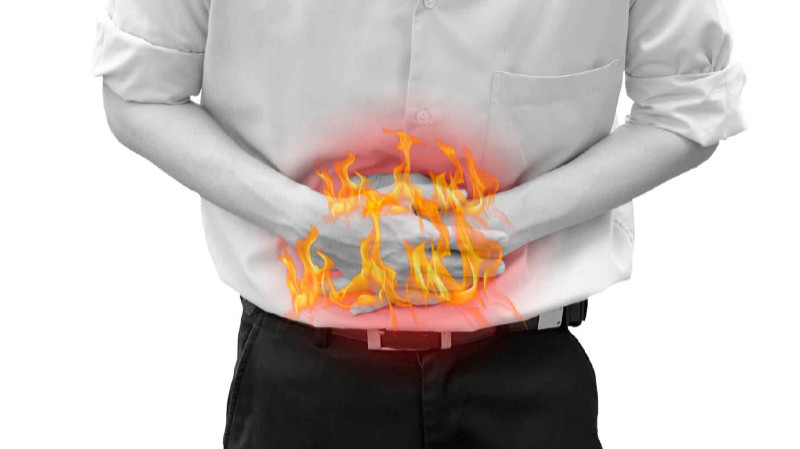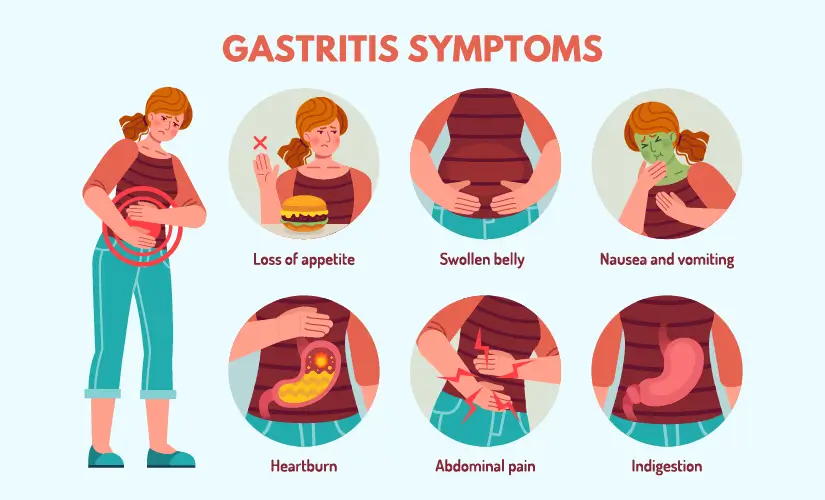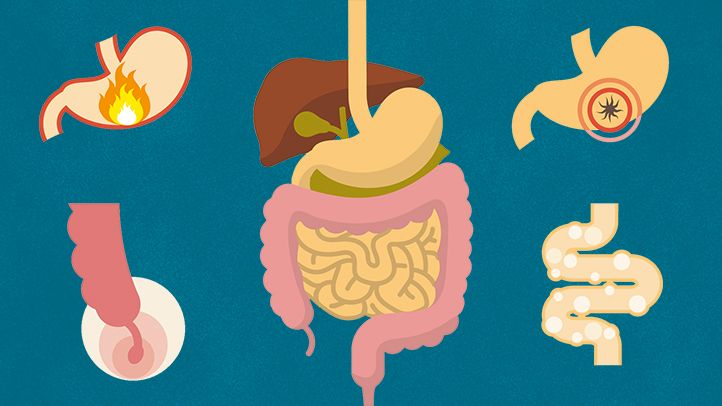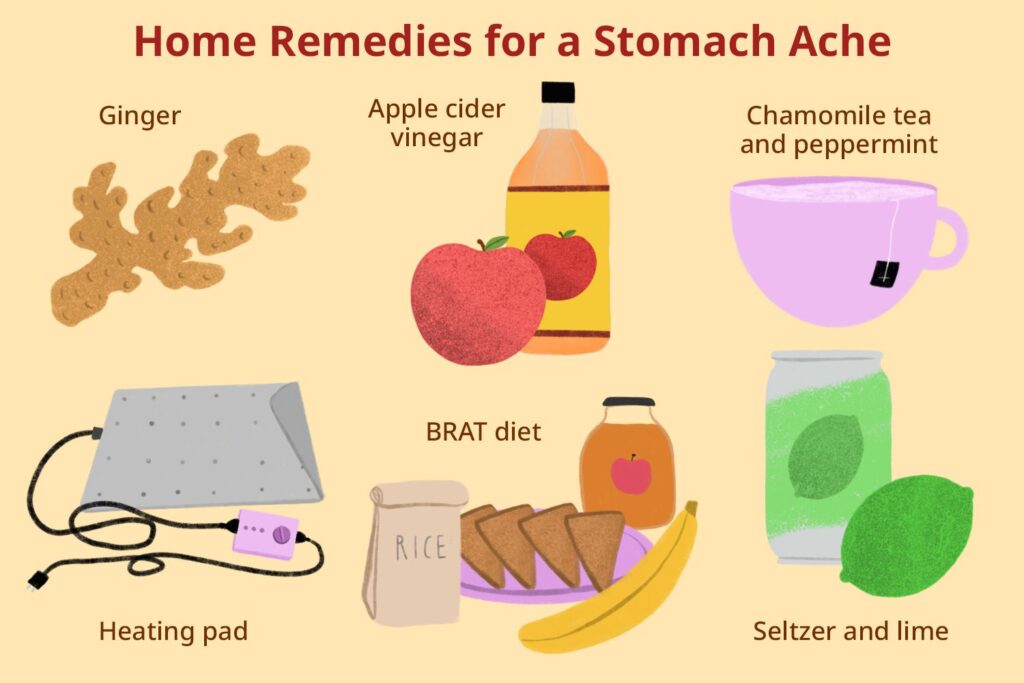Health is wealth (Small Changes Lifelong Impact)

The festival season is upon us, then. These days, there are a tonn of deals and discounts accessible. (How to cool down excessive burning ness in stomach?) Remember to seize the greatest offer.
I believe that the winter arc is the greatest. Not I believe it has more to offer just because of the offers and bargains. Winter’s slower tempo inspires people to take stock of their life, make resolutions, and consider their dreams in great detail. Better future planning and personal development may result from this reflection.
People can concentrate better in cooler conditions since the heat is less likely to cause exhaustion or distraction. This improved focus is beneficial for studying, working, or engaging in any creative endeavor.
Finally, we reach the inner arc—that is, the heat within our bodies. being an avid gym-goer and fitness enthusiast. I’ve noticed something about my body over time, and I believe you may be aware of it as well.
That scorching heat causes our bodies to become too acidic and to smell awful. It produces the extremely unpleasant burp and extremely uncomfortable circumstances.
The main issue is that the extreme heat poses a serious risk to one’s health. Yes, occasionally it can result in quite dire circumstances. But let’s address the issue first. How it takes place. Is there a problem with my diet? Exercise? Wellness? Normal? sleeping habits? Is there anything more?
How to cool down excessive burning ness in stomach?
Some real-life Factors causing Burning ness in stomach?

Stomach burning is frequently an indication of digestive tract irritation or inflammation. Numerous factors, such as nutrition, lifestyle, and underlying medical issues, may contribute to this discomfort.
A burning feeling in the stomach can be caused by a number of real-world circumstances, many of which are connected to daily routines, food, and stress.
Nutritional Decisions
Spicy Foods: Consuming foods high in acidity, such as curry, hot peppers, or chili, can irritate the lining of the stomach and cause burning.
Acidic Foods: Foods with a high acid content, citrus fruits, tomatoes, vinegar, and other similar foods can irritate and cause discomfort to the lining of the stomach.
Carbonated drinks with caffeine: Drinking coffee, tea, or sodas on an empty stomach can cause the production of stomach acid to increase, which can burn.
Fried or Fatty Foods: Foods high in fat cause digestion to be slowed down and can raise the risk of acid reflux, which can cause a burning sensation in the chest or stomach.
Large Meals: Eating too much or too often can put strain on the stomach, which can lead to acid moving up into the esophagus and producing heartburn.
Lifestyle Preferences
Alcohol use: Alcohol use can lead to inflammation, increased acid production, and irritation of the stomach lining, all of which can create a burning feeling in the stomach.
Smoking: Smoking causes the lower esophageal sphincter (LES) to become weaker, which permits stomach acid to reflux back into the esophagus and results in searing discomfort and heartburn.
Unusual Eating Patterns: Missing meals or eating at strange times might result in an excessive production of stomach acid, which can burn the stomach when it is empty.
Anxiety and Stress
Emotional Stress: Excessive tension and worry can cause the formation of stomach acid and slow down digestion, which can result in acid reflux, heartburn, and a burning sensation in the stomach.
Stressful Lifestyle: You may be more prone to stomach problems if you lead a busy lifestyle that includes bad eating habits, sleep deprivation, and inconsistent meal times.
Side Effects of Medication
NSAIDs, or non-steroidal anti-inflammatory drugs: Aspirin, naproxen, and ibuprofen are examples of common medicines that might irritate the stomach lining and cause ulcers, burning, and inflammation.
Additional Drugs: If taken improperly, a number of antibiotics, steroids, and supplements (such as potassium or iron) can also cause upset stomach symptoms.
How to cool down excessive burning ness in stomach?
Lying Down Following Eating Post-Meal Resting: Lying down or immediately hitting the sack following a meal can result in the reflux of stomach acid into the esophagus, which can induce heartburn and a burning sensation in the stomach.
Busy Work Schedule
Meal Skipping: Having a busy schedule might cause people to eat on the run or skip meals, which can aggravate acid reflux and cause discomfort.
Consumption of Fast Food: Because fast food and processed meals are frequently heavy in fat, salt, and artificial chemicals, relying on them for meals out of a lack of time might lead to digestive issues.
Dehydration Lack of Water: Drinking insufficient amounts of water can interfere with digestion and cause an accumulation of stomach acid, which raises the risk of acid reflux and burning in the stomach.
Physical Activity Following Meal: Vigorous exercise just after eating can pressurize the stomach and force acid back up the esophagus, giving rise to heartburn or burning sensations.
Tight Clothes: Tight clothing or belts around the belly might press against the stomach, causing discomfort by pushing stomach acid into the esophagus.
Sleep Position: Lying flat or on your back increases the risk of refluxing stomach acid into the esophagus, which can cause burning and heartburn at night
One thing to keep in mind is that going to the gym on an empty stomach might also cause stomach acidity.
It might throw off the schedule and result in a dangerous heart attack or even severe illness. That’s why it’s usually advised to eat something before heading to the gym.
It can affect our overall health!

Reduced Appetite: Constant stomach discomfort can lead to a loss of appetite, making it difficult to consume adequate nutrients for overall health.
Malabsorption: Conditions like gastritis or ulcers can impair the stomach’s ability to absorb essential nutrients like vitamin B12, iron, and calcium, leading to deficiencies.
Weight Loss: Ongoing pain and discomfort may cause unintentional weight loss due to reduced food intake.
How to cool down excessive burning ness in stomach?
Progression to Ulcers: Untreated stomach acid issues can lead to the development of peptic ulcers, which are painful sores in the stomach lining or small intestine.

Organic India Triphala Ayurvedic Capsules || Improve Digestion & Colon Cleanse ||Constipation Acidity Ibs And Gastric Issues||Vitamin C & Antioxidants – 180 Veg Capsules
M.R.P.: ₹635
Best offer – Rs 609
Gastroesophageal Reflux Disease (GERD): Chronic acid reflux can lead to GERD, a condition that causes frequent heartburn, chest pain, and damage to the esophagus over time.
Increased Risk of Esophageal Damage: Persistent acid reflux can damage the esophageal lining, leading to conditions like esophagitis or even Barrett’s esophagus, which is a risk factor for esophageal cancer.
Enhanced Stress and Anxiety: Constantly experiencing discomfort can exacerbate stress and anxiety, particularly if it interferes with sleep or everyday activities.
Reduced Quality of Life: An ongoing burning sensation can lead to weariness, impatience, and frustration, all of which can lower one’s general quality of life and wellbeing.
Acid reflux at night: Acid reflux might get worse when you’re lying down, which can cause heartburn and pain that keeps you awake. Weariness, emotional fluctuations, and a decline in cognitive performance can all be caused by poor sleep quality.

Sleeplessness: The burning feeling may make it difficult to go asleep or stay asleep, which can result in sleeplessness and a deterioration in general health and productivity.
Acid reflux can result in acid flowing back into the throat, which can cause persistent coughing, sore throats, hoarseness, or a lumpy feeling in the throat.
Increased Risk of Respiratory Problems: Asthma, bronchitis, or pneumonia can result from the aspiration of stomach acid into the lungs caused by severe acid reflux.
How to cool down excessive burning ness in stomach?
Tooth Erosion: Acid reflux can break down the enamel in teeth, causing decay, sensitivity, and other dental problems.
Bad Breath: Regurgitating stomach contents can cause bad breath, which can have an impact on confidence and social relations.
Barrett’s Esophagus: Barrett’s esophagus, a condition in which the lining of the esophagus changes, can be brought on by chronic acid reflux. This condition increases the risk of developing esophageal cancer.
Stomach Cancer: The prevalent cause of ulcers and gastritis, Helicobacter pylori (H. pylori) infection, is associated with a higher risk of stomach cancer if left untreated.
Impact on Daily Life: Prolonged stomach burning can cause problems with work, social interactions, and everyday activities, which lowers enjoyment and productivity all around.
Dependency on Drugs: Using over-the-counter antacids or other prescription drugs frequently to treat symptoms might have negative side effects and fail to address the underlying problem.
Inhibition of the Immune System
Weaker Immune Response: Inadequate nutrition absorption and digestion might compromise immune function, leaving the body more vulnerable to diseases and infections.
Social and Emotional Detachment
Avoidance of Social Activities: People who have recurring stomach problems may stay away from social events and restaurants out of concern that it will set off symptoms, which can cause feelings of loneliness and isolation.
Effect on Mental Health: Managing chronic gastrointestinal distress may exacerbate anxiety and sadness.
Burning can occasionally cause excruciating pain in the bowels, heart, and stomach. Avoiding cold water when experiencing these sensations is preferable. If this was how you felt in the gym.
It’s best to take two or three sips of warm water, and to stop exercising and exit the arena if the problem persists. Go sit down and begin deep breathing. This will help you get over these issues and relax your body.

How to cool down excessive burning ness in stomach?
In comparison to acidic fruits like oranges, melons, bananas, apples, and pears all offer vital nutrients and are less prone to cause reflux symptoms. Fruits, as a snack, are less likely to trigger acid reflux than foods like chocolate that have extra fats and sugar.
Remedies for reducing burning ness in stomach
Cold Milk or Yogurt: Eating plain yogurt or having a small glass of cold milk will help reduce stomach acid production and ease burning in the stomach.
Ginger: Due to its inherent anti-inflammatory qualities, ginger can lower stomach acid. You can include fresh ginger in your meals, drink ginger tea, or just chew on a little piece of it.
Bananas: High in naturally occurring antacids, bananas help coat the stomach lining and lessen the burning feeling. Consuming a ripe banana might offer immediate comfort.
Oatmeal: Rich in fiber and low in acidity, oatmeal can aid in absorbing excess stomach acid and lessen gastrointestinal pain.
Aloe Vera Juice: Swigging a tiny bit of unsweetened, pure aloe vera juice helps calm the lining of the stomach and lessen inflammation.
Tea made from chamomile: Chamomile tea contains relaxing qualities that can help lessen inflammation and balance stomach acid. Before going to bed, a warm cup of chamomile tea can help ease stomach discomfort.
Chewing fennel seeds or swigging fennel tea helps ease gas production, aid with digestion, and lessen the burning feeling in the stomach.
Leaves of the basil plant, also known as tulsi: chew a few leaves or steep them in hot water to make tea. Due to its anti-ulcer qualities, basil may help lessen discomfort and stomach acid.
How to cool down excessive burning ness in stomach?
Apple cider vinegar: Distilled apple cider vinegar can help control stomach acid levels, despite the fact that this may seem counterintuitive. Before meals, stir one or two tablespoons of apple cider vinegar into a glass of warm water and sip.
Baking soda: A natural antacid that can counteract gastric acid is baking soda. For immediate relief, mix half a teaspoon of baking soda with a glass of water and drink (but only sometimes, as excessive use might cause other problems).
Coconut Water: This beverage relieves burning pain in the stomach by neutralizing acid and cooling the stomach.
Eat Smaller Meals: To avoid the stomach producing too much acid, try eating smaller, more frequent meals rather than three large ones.
Avoid Lying Down After Eating: To lower your risk of acid reflux and heartburn, wait at least two to three hours after a meal before lying down.
Raise Your Head While Sleeping: To stop acid from running back up, consider lifting the head of your bed or using pillows to elevate your head if you suffer from burning in your stomach or acid reflux at night.
Eat Less Spicy and Acidic Foods: Cut back on foods that can irritate the lining of your stomach, such as vinegar, chocolate, citrus fruits, tomatoes, and spicy and acidic foods.
How to cool down excessive burning ness in stomach?
Avoid Alcohol and Smoking: Reducing or giving up these behaviors will help lessen stomach burning because they can erode the stomach lining and increase the production of acid.
Keep Yourself Hydrated: Throughout the day, sipping water might help lessen burning and stomach acid dilution.
Relaxation techniques: Deep breathing, meditation, yoga, or mild exercise are examples of relaxation techniques that can be used to lower stress levels. Anxiety and stress can exacerbate stomach discomfort.
Mindful Eating: To aid in digestion and keep stomach acid from hurting the stomach lining, concentrate on eating slowly and chewing your meal thoroughly.
Antacids: By neutralizing stomach acid, over-the-counter antacids can offer immediate relief from burning in the stomach. Aluminum hydroxide, magnesium hydroxide, and calcium carbonate (like Tums) are common antacids.
H2 Blockers or Proton Pump Inhibitors (PPIs): These medications, which lower the production of stomach acid, may be used if the burning feeling occurs frequently. Examples of H2 blockers include ranitidine and PPIs include omeprazole. Always get medical advice before using these drugs over an extended period of time.
Certain fruit juices, such tomato and orange juice, are thought to elevate stomach acid levels and should not be consumed first by those who have acid reflux.
Foods that contain tomato sauce, such as lasagna and pizza, or processed tomatoes in the form of sauce should also be avoided as they may elevate stomach acid.
Some GERD sufferers also have trouble handling onions and garlic, or anything that has been processed that contains these substances.